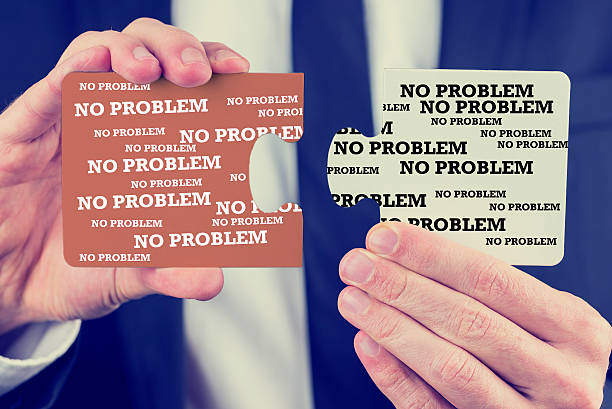Think about your favorite brands. These are the ones that you will go to great lengths to work with or admire because of a particular attribute or mission.
What makes them unique, and why do you remain loyal to them so long? You probably have a great deal to do with their experience or the values they represent.
Put on your marketing cap and look at brand appreciation in a new light. Ask yourself the following questions.
- How much more valuable is a brand to you as a customer than someone who is less passionate about the brand?
- Spending more money with this brand and buying more from them?
- What is your tolerance for mistakes and new products?
- How often do you share and talk about your favorite brands with others? It’s easy to make qualitative conclusions about the value of our loyal customers.” (“Of course, loyal customers are more valuable! As any marketer will tell you, we are not paid to make qualitative conclusions. We are paid to understand and evaluate the direct impact of each investment.
How valuable is brand appreciation, and how does it impact the brand’s bottom line?
What Research Reveals about the Tangible Value Brand Admiration
Marketing experts have researched for us.
In their forthcoming book, Building a Brand People Love, researchers C. Whan Park and Deborah J. MacInnis share decades of research to make a compelling case for the enduring benefits of investing in becoming an admired brand.
The authors discovered that brand admiration is a powerful motivator for three distinct business benefits. These include unwavering loyalty to the brand, passionate advocacy of the brand, enhanced cost efficiency, and a stronger market position.
1. Unwavering Brand loyalty
BrKeys’eys’ 19th annual Customer Loyalty and Engagement Index revealed that some of the most popular brands in the world ( according to Fortune) also had the highest rankings for customer loyalty.
According to Stanford University, research on brand appreciation shows that universally loved brands benefit from…
- Purchases of competing brands are more likely to be repeatCustomers’ers’ willingness to pay more (think Apple)
- A refusal to accept a cheaper alternative, even if it is readily available
This is illustrated by a recent Cornell University study that looked at the impact of customer loyalty in the hospitality industry, a market in which loyalty can be difficult to achieve but easily quantified.
The study found that when hotel chains enrolled frequent customers into loyalty programs, they saw a 50% revenue increase compared to unenrolled customers.
2. Passionate Brand Advocacy
Brand lovers are more than willing to spend more money with their favorite brands. They’re also much more likely to share, promote, and talk about them.
These behaviors are easier and cheaper to scale for brands, making it much easier to market new products, recruit new brand fans, and increase brand awareness.
Consider the similarity between BCG’s 2015 ranking for the most recommended brands and Fortune’s ranking for the most loved brands. Volkswagen and Toyota are ranked in both polls as the most recommended and admired automotive brands in the world. USAA, which ranks 28th in the list of world’sld’s most admired companies, received the highest scores for advocacy in retail banking and auto insurance.
3. Increased Cost Efficiency and a Stronger Market Position
research confirms that when people are loyal to a particular brand, they will spend less on marketing and raising awareness of new products. The company will also experience a higher level of employee morale and a lower rate of employee turnover. Both have a direct and powerful impact on the bottom line.
Consider the impact of a 20% reduction in customer acquisition costs or a 20% increase in employee retention on your business. What could you do with those cost savings or improved cost efficiency that your competitors cannot match?
Does your brand capitalize on the potential of brand admiration?
If you consider the quantitative link between brand appreciation and business results, then it is safe to say that brand admiration might be the desired state of brand health.
Every KPI starts to multiply when your business can build a framework that takes customers beyond liking you or trusting you to a place where they defend you and forgive you without hesitatiYou’llhesitatiYou’llu’llal improvements in all areas of your business, from partner and vendor relationships to talent and customer acquisition.

